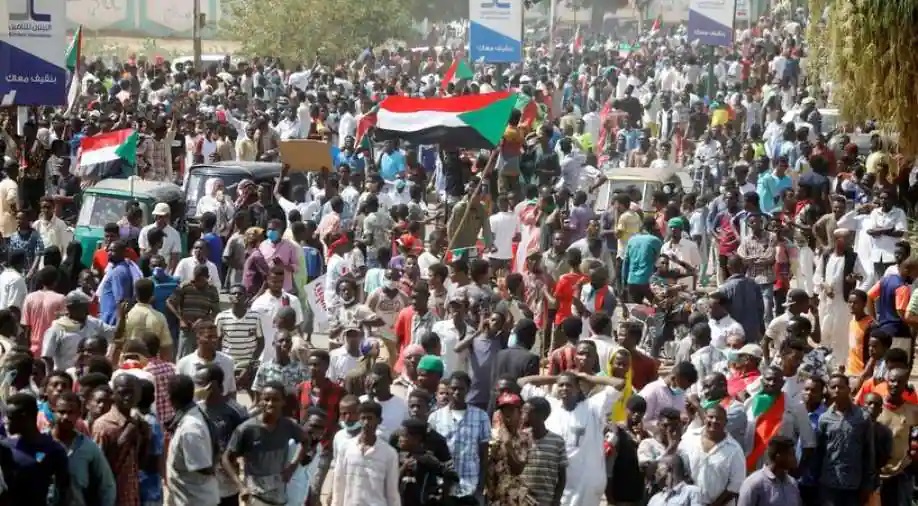
Will the June 30 Protests Make a Difference?
The paradox: FFC succeeded in liberalizing the economy, but failed to represent the robust Sudanese business sector.

Mekki ELMOGRABI
Press Writer
+249912139350
elmograbi@gmail.com
The Alliance of Forces of Freedom and Change (FFC) made the first pragmatic compromise with the army when it was strong and united, but it has now become weaker than ever and split into two or more, which means that the best possible result will be another compromise.
There are two days left until June 30, 2022, which marks the third anniversary of one of the milestones of the Sudanese revolution. June 30, 2019, ended with the military component offering concessions to the FFC in the transitional power-sharing agreement. Some still see the concessions weren’t so real and civilians were cheated, others see the second quota-based cabinet as a trap for the FFC as they should never participate in the executive during the transition in order to maintain their popularity while waiting for the elections.
In any case, June 30 before three years was considered a victory for democracy in Sudan. The question now is whether the protests of June 30 will again be another victory? I say without hesitation, yes, but for all civilians not just for the FFC. Stability is coming, the long-awaited elections are so close, that the silent majority will speak and the private sector will drive the economy. My point here, the FFC alliance failed to represent the Sudanese business community and the wide range of producers in vast areas of Sudan, this failure was the real reason that led to the need to broaden civilian participation in the transition.
FFC was not aware enough that what happened after the revolution decided Sudan’s economic identity, the free economy. Others, maybe expect more achievements but to be more realistic, the revolution against the dictatorship is not something new for the Sudanese people since they revolted twice against the military dictatorship in 1964 and 1985, then established a multi-party democratic regime after the two revolutions. The new thing this time is that the orientation towards the free economy was decided after some reluctance on the part of the leftists who participated in the last wave of the revolution more than the rightists who advocate the free economy.
During the first two years of the transition, there was a political divide on many things, with political forces and youth fighting for full freedom but the economic direction of Sudan has been decided, and the losers on the left and socialist parties have finally accepted the results which makes me sure of the compromise to come.

All political elites from right to left believe that Sudan should be connected to the world. In this regard, the market economy is Sudan’s main gateway to the international community.
My message to the liberal world in USA and Europe, I believe that if economic freedom is guaranteed, political and social freedoms will more easily follow than starting with them. Why did I come to this assumption?
The answer; in Sudan, the community is stronger than the state, whoever confronts the producers and the private sector will lose.
Election season is approaching and political parties should practice democracy within their parties and prepare for elections and let economic freedom pave the way.
Strategically, economic liberalization will crush ideological complexes and social taboos and change will bring out the real power of the community. The other way starting with political and social change will not work in Sudan.
Ironically, Western embassies and organizations supported Marxists and socialists – because they are better at upholding social freedoms – while they protested economic reforms and peace with Israel.
Marxists and socialists overthrew their own government.




